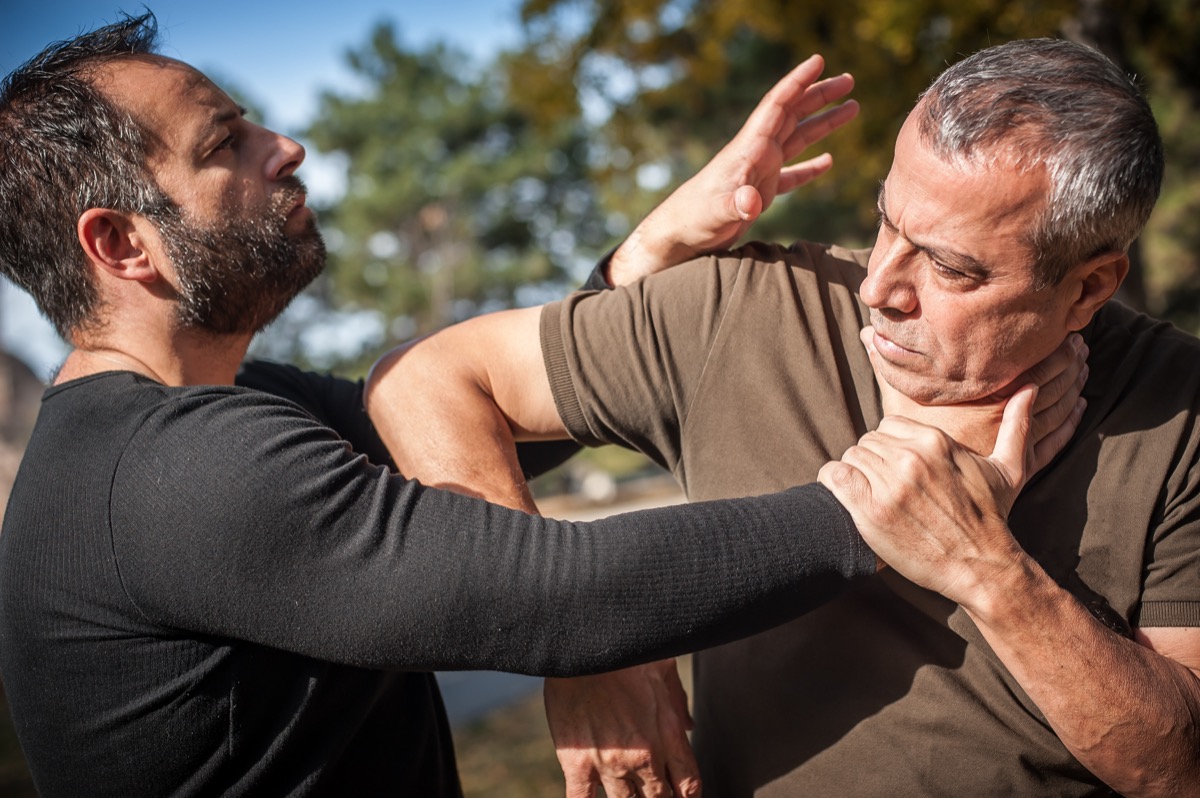Martial arts training goes beyond physical combat skills and encompasses the development of self and situational awareness. Practicing martial arts can enhance your ability to understand and respond effectively to both internal and external cues. In this article, we will explore how martial arts can cultivate self-awareness and situational awareness, empowering you to navigate the world with greater mindfulness and preparedness.
Self-Awareness:
Martial arts training promotes self-awareness by encouraging practitioners to examine their physical, mental, and emotional states. Through rigorous physical practice, individuals learn to tune in to their body’s sensations, strengths, and limitations. This heightened bodily awareness fosters a deeper connection between mind and body, allowing practitioners to better understand their capabilities and improve their overall performance. Self-awareness in martial arts also extends to recognizing and managing one’s emotions, fostering emotional intelligence and self-regulation.
Mindfulness and Present Moment Awareness:
Martial arts require focused attention on the present moment. Whether it’s executing precise techniques, engaging in sparring, or practicing forms, martial arts demand full concentration and mental presence. By training in martial arts, practitioners develop the skill of mindfulness, which involves maintaining awareness of the present moment without judgment. This practice of mindfulness extends beyond the training mat and can be applied to daily life, leading to greater clarity of thought, improved decision-making, and reduced stress levels.
Situational Awareness:
Martial arts training emphasizes situational awareness, which involves being attuned to the environment and potential threats. Martial artists learn to scan their surroundings, identify possible risks, and analyze potential danger cues. This heightened situational awareness allows individuals to proactively assess and adapt to their surroundings, mitigating risks and maintaining personal safety. By practicing martial arts, you can develop the ability to anticipate and respond effectively to potential threats, making informed decisions about your safety and the safety of those around you.
Body Language and Non-Verbal Communication:
Martial arts training hones your ability to read and interpret body language and non-verbal cues. Understanding subtle movements, shifts in weight, and facial expressions can provide valuable insights into an opponent’s intentions and potential threats. This heightened perception of non-verbal communication extends beyond martial arts contexts and can be applied to various social interactions, enhancing your ability to assess and respond to situations effectively.
Improved Reflexes and Reaction Time:
Martial arts training requires quick reflexes and rapid response times. By engaging in drills, sparring, and partner exercises, practitioners develop heightened reflexes and sharpened reaction times. These skills can be vital in critical situations where split-second decisions and swift actions are necessary for personal safety. Martial arts training helps train the mind and body to react swiftly and effectively, potentially saving you from harm or danger.
Martial arts training fosters self-awareness, mindfulness, situational awareness, body language interpretation, and improved reflexes and reaction time. Developing these skills through martial arts practice can enhance your ability to navigate the world with greater mindfulness, make informed decisions about your safety, and potentially save you from dangerous situations. By embracing the holistic aspects of martial arts, you can cultivate a heightened sense of awareness and preparedness, empowering yourself to navigate life with confidence and resilience.
